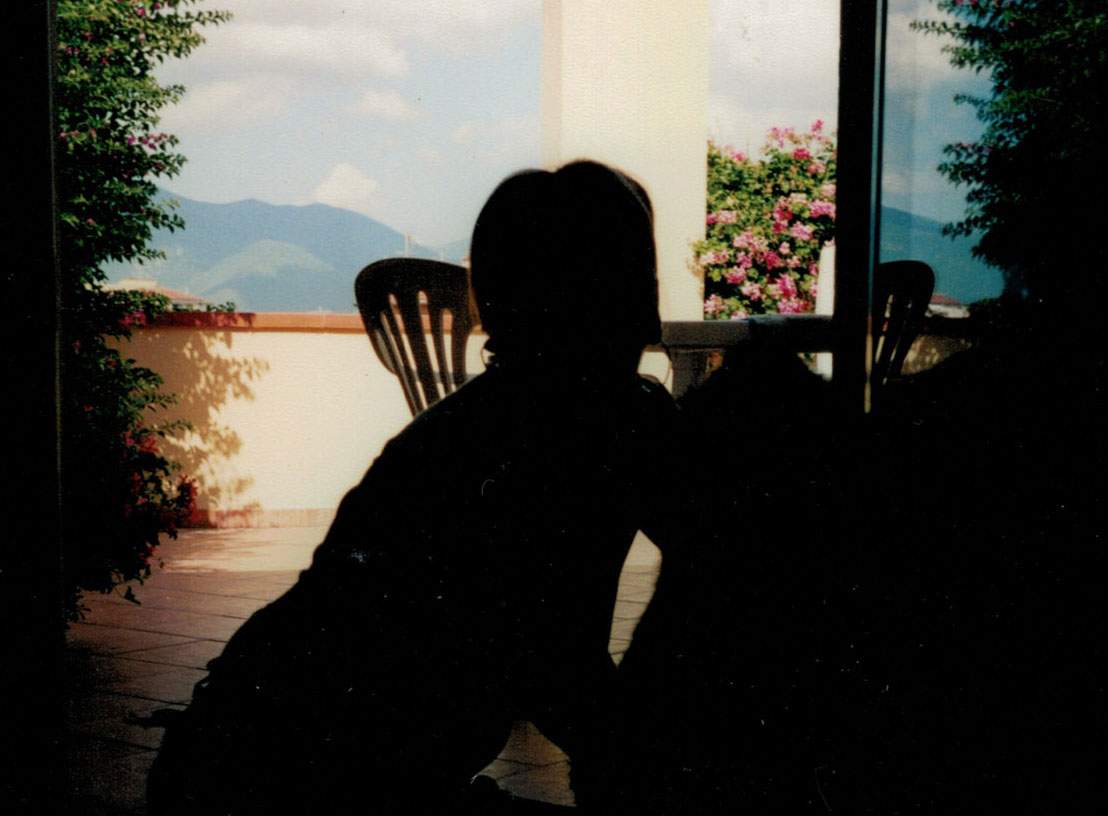The 2021 edition of Flashback will be held Nov. 4-7 and will take place, as announced in recent weeks, in the new venue of the Dogali Barracks (known as the “Via Asti Barracks”). The fair reaches its ninth edition by adding a new piece to its narrative that is developed, from edition to edition, through a title or theme that is the new chapter of one big story put forth by the event itself.
The theme chosen for the 9th edition is The Free Zone / La Zona Franca, that marginal but prejudice-free zone where art unfolds in all its power: the theme is deeply related to this historical moment and the choice of the new venue. “It is about a time that needed us united but wanted us divided, a time during which we questioned the concept of freedom, freedom that we lacked, freedom that we took, individual freedom and the ethics of reciprocity,” recount Flashback directors Ginevra Pucci and Stefania Poddighe, who question how to contribute, through art, to the emergence of social responsibility. “Deprived of sociality we understood its necessity, individual but part of a whole we verified our belonging to a collective dimension. Being part of a whole implies the existence of the other, coexistence, existing together.”
The choice of the theme of this 9th edition stems roprio from a question that the directors of Flashback asked themselves: how to open a real path to the Other in search of a collective dimension? Ginevra Pucci refers to the contemporary French philosopher François Jullien (author of The Appearance of the Other) who re-proposes the two mediating concepts: that of “gap” and that of “between.” Unlike difference, which remains indebted to identity, the discard is fruitful because it is exploratory, adventurous. To make a discard means to step outside the norm, to proceed in an unusual way, to make a shift from what is expected and what is conventional. In short it means to break the frame of reference and venture elsewhere, into a frank, free space; the “between” is the distance between x and y, it is the unexplored terrain, it is what we have overlooked, what we know but have let go of. It is therefore not by starting from the similar, as is generally believed, Jullien concludes, but precisely by making the scraps work, that an otherness can unfold that can bring out something common.
The image chosen to accompany this year’s theme is a “discarded” photograph, part of a larger project of finding and collecting entitled Miracles by artist Enrico Bertelli, who lives and works in Paris. The artist, who has always investigated the meaning of what is marginal, of what is overlooked, has over the years recovered thousands of (analog) photos from photographers’ stores, reusing them in many of his exhibitions. On this occasion, Bertelli presents a photo that depicts a woman against the light inside a house as she observes the world outside, beyond the domestic walls. The shot, in fact, is a “scrap” that the artist wanted to recover and bring back to life. Perceiving its essence sanctions the exit from our “comfort zone” and the opening to a free zone, an other zone, a neglected zone but precisely for this reason dense with meaning.
“My work,” Bertelli says, “explores the possibilities of how error and discard can change our perception of reality. I worked as an illustrator for newspapers and in a cartoon studio where I drew the backgrounds in which the various characters moved. While doing this, I discarded a lot of things: color proofs, drawings that came out wrong, etc. Instead of throwing away these scraps, I kept them aside and later used them to compose abstract collages. I realized, thus, that these small pieces convinced me much more than the official work I was doing. In a way, I identified with those pieces of paper. An awareness was born from that, and after many years, I can say that my creative journey is the story of an unresolved relationship (probably never to be resolved) between me and my mistakes. Looking at one of my works I hope you can perceive the attempt to give value to all those things, those aspects, those neglected, unseen, marginal details.”
The image created by Bertelli has the task of visually narrating Flashback, Art is All Contemporary 2021: an edition new in content and venue that opens new and unprecedented collaborations (such as the one with the Museo Diffuso della Resistenza) while confirming others. “Thus, in analyzing the countless cues offered by art of all times and places,” the directors conclude, “2021 will be a year in which we will look at what we have neglected or forgotten as an element of freedom and investigation by seizing the opportunity for reflection provided by such a complex historical moment but full of possibilities for change. Flashback will thus be Zona Franca, a place dedicated together to memory and creation: an archive of inspirations for the future.”
In the image, photo by Enrico Bertelli
 |
| Discards and free zones: 'The Free Zone' is the theme of Flashback 2021 |
Warning: the translation into English of the original Italian article was created using automatic tools. We undertake to review all articles, but we do not guarantee the total absence of inaccuracies in the translation due to the program. You can find the original by clicking on the ITA button. If you find any mistake,please contact us.